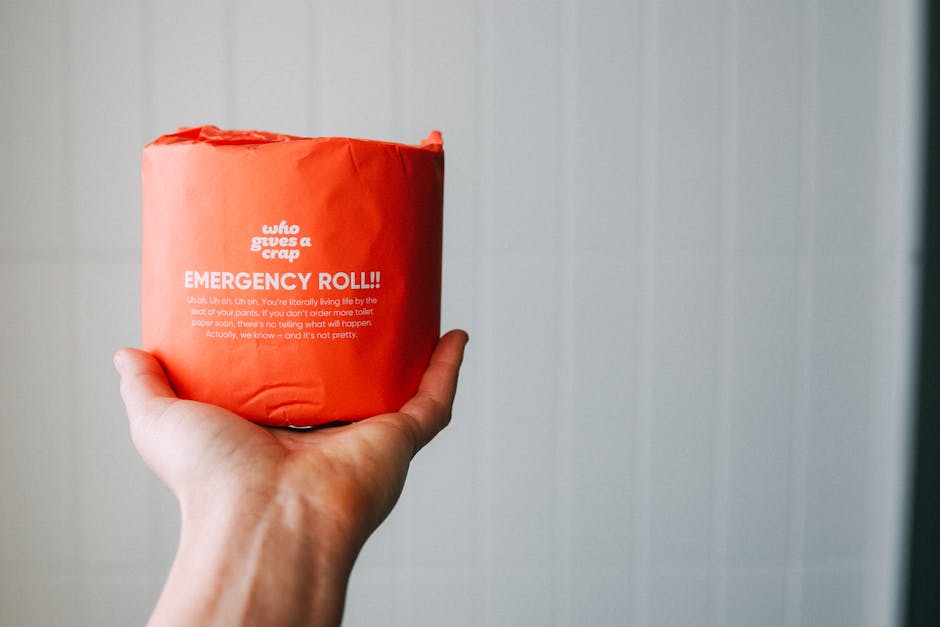7 Tips for Handling Emergency Drain Cleaning Like a Pro

Nothing tests your mettle as a homeowner quite like emergency drain cleaning. When water backs up and every minute counts, knowing what to do can be the difference between annoyance and disaster.
1. Identify the Problem Area Quickly
The first step in tackling emergency drain cleaning is pinpointing where the clog is. Is water backing up in a sink, tub, or the whole house? Answering this quickly can save precious time. If it’s localized to one area, you’re likely dealing with a single drain issue. But if multiple fixtures are affected, the blockage might be in your main sewer line.
2. Use the Right Tools for the Job
Once you’ve identified the problem area, choosing the right tools is crucial. A plunger works wonders for smaller clogs, while a plumber’s snake or auger can tackle tougher blockages. Don’t forget about specialized tools like wet-dry vacuums for specific types of clogs, ensuring you’re not just pushing the problem deeper.
Also, consider investing in a high-quality drain cleaner as a preparatory measure, but avoid using harsh chemicals excessively as they can damage pipes over time.
3. Prevent Further Damage by Acting Fast
In emergency drain cleaning, time is of the essence. Shut off the water to prevent further backup and minimize water damage. Then, assess the situation to decide if you can manage it on your own or need professional help. Acting swiftly not only mitigates damage but also potentially saves money on costly repairs.
4. Natural Solutions for Immediate Relief
Before reaching for harsh chemicals, remember that natural solutions like baking soda and vinegar can offer a quick fix for minor clogs. Pour a pot of boiling water down the drain, followed by equal parts of vinegar and baking soda, and another hot water rinse. This eco-friendly method can often clear up simple blockages without the need for more aggressive measures.
5. When to Call in the Professionals
Sometimes a clog is too tough, or the problem is too severe for a DIY fix. Recognizing when to call in professional plumbers can save you from making the situation worse. If multiple drains are affected, or if there’s sewage backup, it’s time to call the experts. Professional plumbers have the tools and experience to diagnose and solve the issue efficiently.
They can also provide useful advice on preventing future emergencies. Remember, attempting repairs beyond your skill level can be dangerous and may lead to more expensive fixes.
6. Maintaining Your Drains to Avoid Future Emergencies
Prevention is key when it comes to drain maintenance. Regular cleaning with a homemade mixture of hot water, baking soda, and vinegar can keep your drains clear. Avoid pouring grease and food scraps down the sink, and consider using drain strainers to catch hair and other debris. An annual inspection by a professional can also catch potential issues before they become emergencies.
7. Educate Yourself and Your Household
Knowledge is your best defense against emergency drain cleaning situations. Educate yourself and your household on what should never go down the drain (like oils and certain food items) and the signs of a looming blockage. Workshops or online tutorials can provide valuable insight into preventive measures and the basics of drain maintenance, empowering you and your family to make smart decisions and take swift action when necessary.
Emergency drain cleaning might seem daunting at first, but with these tips and tricks up your sleeve, you’re well-equipped to handle any situation like a pro. Remember, the key is to stay calm, act quickly, and if all else fails, don’t hesitate to call in the professionals.



